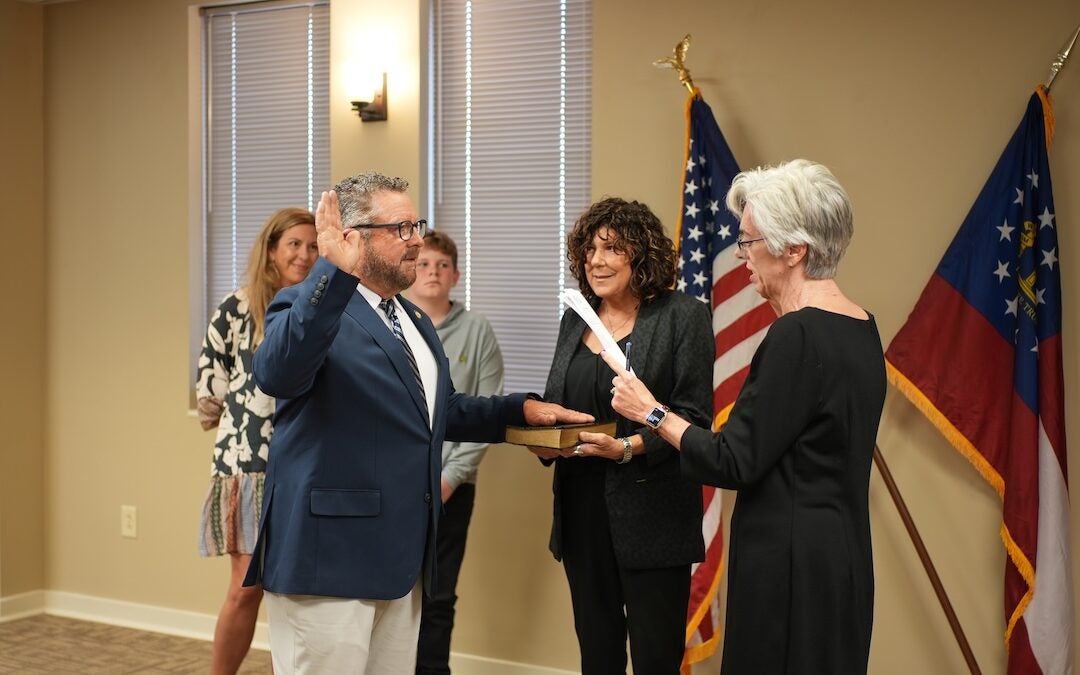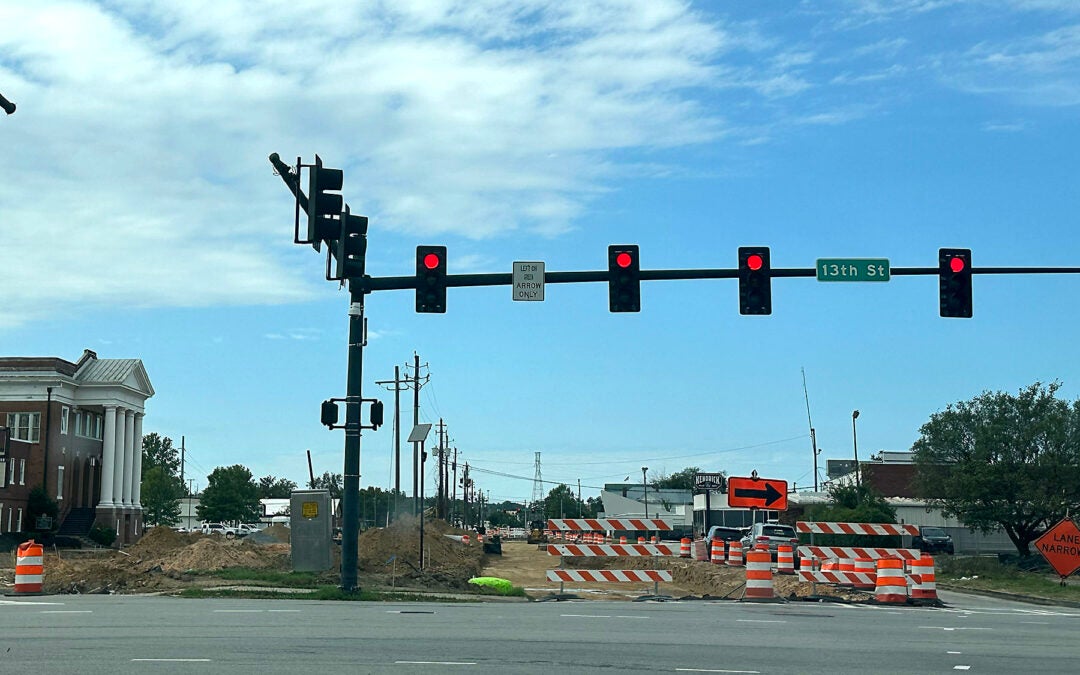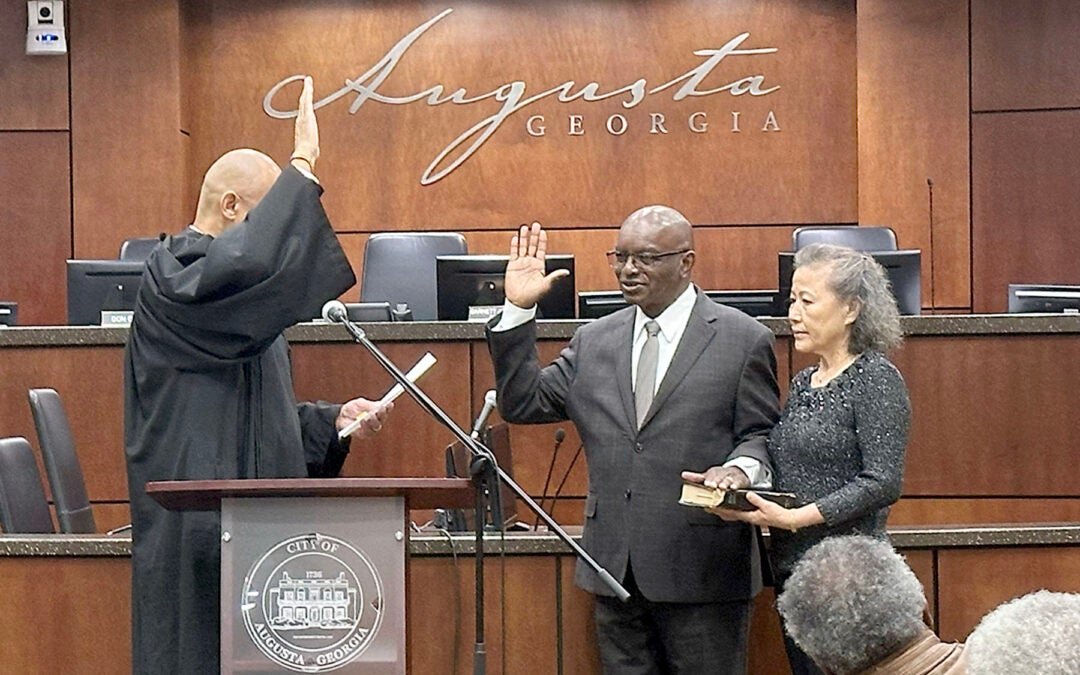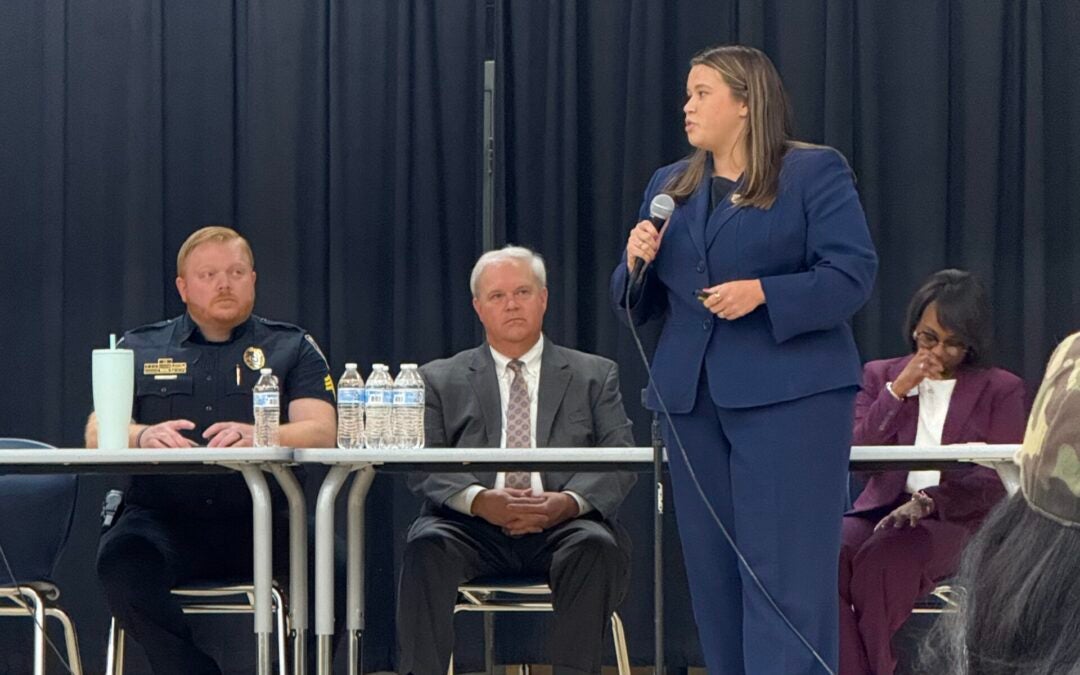I am sure we all can remember a date in June that is special to us. Whether it is the observance of a wedding anniversary, graduations or other milestones, and sadly for some, a date in June when we memorialize departed loved ones.
However, June is a special month for many. For me, me, it is special because June is the anniversary of my ordination.
I was ordained a priest on March 25, 1993. It was the Feast Day of the Annunciation by the Angel Gabriel to Mary, that she would bear a son. But first, I was ordained a deacon on June 11, 1992, that being the day when the church remembers the Apostle Barnabas. I had nothing to do with selecting that date for my first ordination, I strongly suspect that it complied with the bishop’s calendar.
Ordination is the sacramental ceremony, coming at the end of a period of discernment and formation, in which a man or woman becomes a deacon, priest, or bishop and is enabled to minister in Christ’s name and that of the Church. There are three ordinations in the sacrament of Holy Orders: diaconate; priesthood; and episcopate (bishop). These are not elevations to higher orders but the recognition of distinct roles for God’s work in the church. Each order is important for the whole church. I would like to reflect on the two that I have been ordered into: priest and deacon.
First, a priest is a religious leader who performs sacred rituals and rites, and acts as a mediator between people and a higher power. Priests have many roles, including teaching, administering the sacraments, and governing.
Here are some of the duties of a priest:
Teaching: Priests teach the Gospel. They prepare and administer the sacraments, such as baptism, confirmation, confession, holy communion, marriage, and funerals.
Providing spiritual guidance: Priests hear confessions, give absolutions, and anoint the sick. The priest lead worship and minister and connect the people, one to another, when the congregation is gathered together.
Next, is the deacon. Deacons are members of the clergy along with priests and bishops. The deacon’s ministry has three dimensions: liturgy, word, and service. At the liturgy, the deacon assists the bishop and priests. The deacon proclaims the Gospel, leads the people in affirming their faith, invites the people to prayer, prepares the table for holy communion, assist at the altar and may be invited to preach the homily from time-to-time. And when the worship service is over, the deacon dismisses the people and go with the disperse congregation into the world to proclaim the gospel, attend to the sick, feed the hungry, look after widows and orphans, and minister to those in prison.
I value my role as a priest. But my heart has always been that of a deacon. I cherish my ordinations, by having my call affirmed by the church, to represent Christ and the church in the world. However, I do not separate my ministry from the sacraments within the walls of a church building, to that of being present with God’s people in the world. For me, the roles are not delineated. I see my ministry as being overlaid to include both orders at the same time. When working as a “solo” clergy in a congregation, I get to do both, and that is how I identify my role as pastor, to serve the people both gathered and dispersed, being both priest and deacon. So, when I get the honor to have the last word at the liturgy, I dismiss the people, using the words assigned to the deacon in the liturgy, saying: “Let us go into the world to love and serve the Lord,” it is me who is going with them into the world to do this work as priest and deacon.
Therefore, I am grateful that the bishop’s calendar was open on June 11 and that I was ordained on the Feast of Saint Barnabas. I see Barnabas’ ministry as one filled with the Holy Spirit and his faith. But most of all, he encouraged his followers to do the same by his example. I look forward, each year, to the observance of my diaconal ordination.
Now for a word about Barnabas. St. Barnabas was born Joseph and was an early Christian. Although not one of the original twelve apostles, Barnabas was referred to as an apostle by the early Christian Church (Acts 14:14). Having been ordained along with the apostle Paul for their first missionary journey by the church in Antioch, both Barnabas and Paul enjoyed the title and dignity of Apostles from that time forward. This took place around 45AD. Barnabas and Paul’s missionary journey was confined to Cyprus and Asia Minor. It is well documented in the New Testament book of Acts. The apostles Barnabas and Paul on their first missionary journey had founded the Church of Cyprus. Barnabas suffered death in his native town of Salamis on Cyprus and was buried secretly by his nephew John Mark. It is believed he was martyred in 61 AD.
Barnabas is spoken of simply as one who dedicated his life to the Lord. He was a man “filled with the Holy Spirit and faith. In addition to his kind and generous spirit, Barnabas maintained an open-handed attitude toward material wealth. For example, rather than hoard his possessions, Barnabas sold a field he owned and gave the money he received to the apostles.
Never do I liken myself to the Apostle Barnabas, for I am weighed down with too many personal possessions, namely shoes, clothes, and eyeglasses, but I am proud to claim him as the patron Saint of my deacon ordination, thus giving me an example of what I should strive for as deacon and priest. I think everyone needs a Barnabas. We all need someone to come along beside us and give us encouragement. I hope this message encourages everyone to appreciate your anniversaries and observe your life milestones and most importantly, strive to be a Barnabas.
Rev. Bill Alford is a retired priest who served St. Alban’s Episcopal Church for the last 30 years and who has been priest-in-charge of the Church of the Atonement in Hephzibah for the last three years. Originally from Albany, Ga., Rev. Alford is a Navy Veteran who sings with and who is on the Board of Directors for the Augusta Choral Society.










